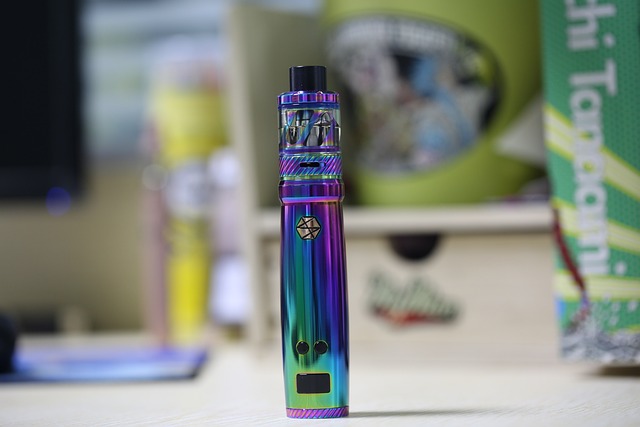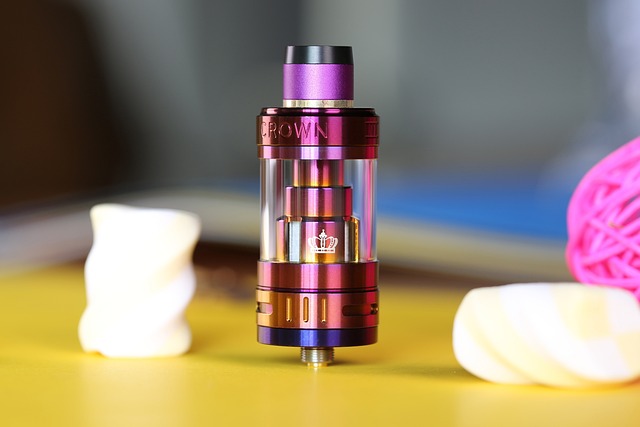Kik THCA: Unlocking the Benefits of Non-Psychoactive Cannabinoids
In recent years, the world of cannabis has expanded significantly, introducing various compounds and their potential health benefits. Among these compounds, THCA (Tetrahydrocannabinolic Acid) has gained attention for its unique properties and benefits. This article will explore what THCA is, its potential advantages, and how it compares to its more well-known counterpart, THC.
Understanding THCA
THCA is a non-psychoactive cannabinoid found in raw cannabis plants. Unlike THC, which converts to its active form when heated, THCA remains in its acidic form until decarboxylated. This process typically occurs during cooking or smoking, which is when THC is activated. As a result, THCA users can enjoy the benefits of cannabis without experiencing the euphoric high associated with THC.
The Benefits of THCA
Research into the benefits of THCA is still growing, but early studies and anecdotal evidence suggest that it could possess several therapeutic properties. Here are some notable benefits:
1. Anti-Inflammatory Properties: THCA has been shown to help reduce inflammation, making it a potential candidate for those suffering from conditions such as arthritis or chronic pain.
2. Neuroprotective Qualities: Some studies indicate that THCA may offer neuroprotective effects, assisting in the preservation of brain cells and potentially benefiting those with neurodegenerative diseases.
3. Antiemetic Effects: THCA has demonstrated the ability to reduce nausea and vomiting, making it an excellent option for patients undergoing treatments that often cause these side effects, such as chemotherapy.
4. Appetite Stimulation: Unlike some other cannabinoids, THCA can stimulate appetite without causing a high, proving beneficial for those struggling with eating disorders or the effects of medication that suppress appetite.
How to Incorporate THCA into Your Routine
If you’re interested in incorporating THCA into your wellness regimen, there are several ways to do so. One popular method is through raw cannabis juice, which preserves the acidic cannabinoids in their natural form. By blending fresh cannabis leaves and flowers, you can create a nutrient-rich juice packed with THCA.


Alternatively, THCA-rich products are available in the market, such as tinctures or capsules designed to deliver this cannabinoid without heating. These products provide a convenient option for those who wish to experience the benefits of THCA without the psychoactive effects of THC.
THCA vs. THC: What’s the Difference?
While both THCA and THC originate from the same plant, their effects and uses differ significantly. As mentioned earlier, THCA is non-psychoactive, making it suitable for individuals looking for therapeutic benefits without the high.
On the other hand, THC interacts with the body’s endocannabinoid system to produce psychoactive effects, often used for recreational purposes, pain relief, or to enhance the sensory experience. Understanding this distinction is crucial for those considering the therapeutic use of cannabis.

Case Study: THCA’s Role in Glaucoma Treatment
A fascinating case highlighting THCA’s potential benefits involves a patient with glaucoma. This individual, unable to tolerate the psychoactive effects of THC, sought alternative treatments. After incorporating THCA-rich products into their regimen, they experienced reduced intraocular pressure, a critical factor in managing glaucoma. This case exemplifies how THCA could serve as a viable treatment option for patients who require therapeutic effects without the accompanying high.
Conclusion
As the cannabis landscape evolves, the importance of understanding the various compounds within the plant, such as THCA, cannot be overstated. With its potential health benefits and non-psychoactive nature, THCA represents a promising avenue for those seeking alternative treatments. Whether through fresh juicing or specialized products, exploring THCA could lead to new approaches to wellness and therapeutic care.





